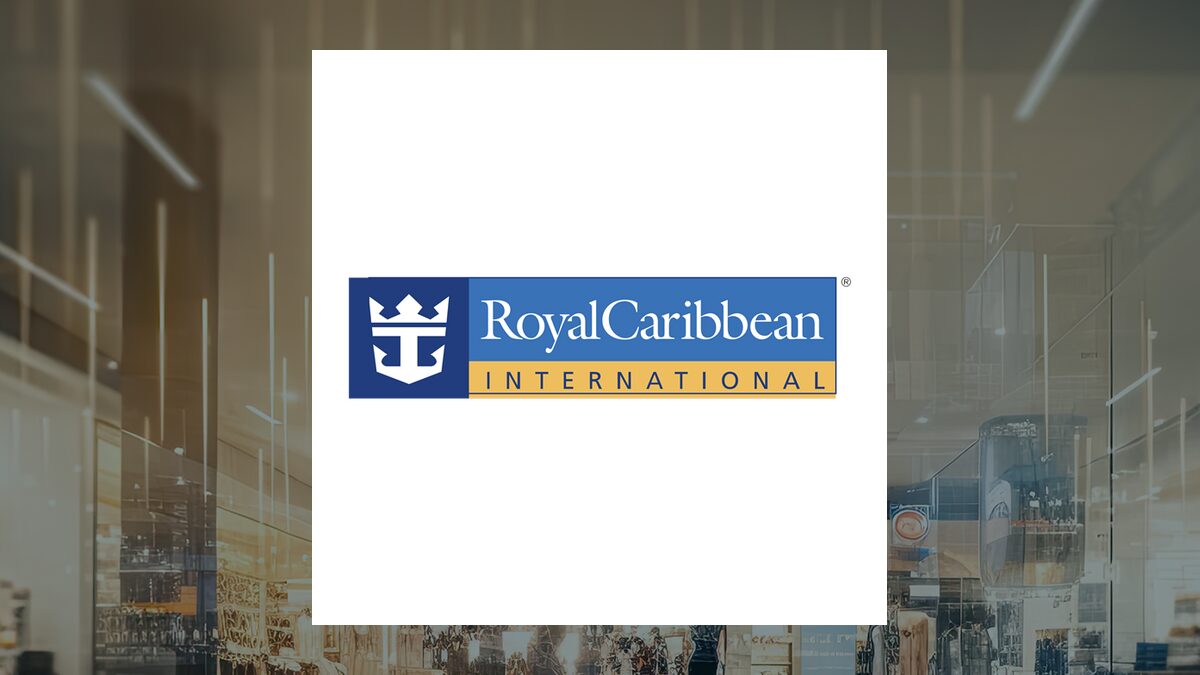The Labour Party, under the leadership of Keir Starmer, faces significant challenges as it grapples with poor public approval ratings and an economy in turmoil. Just over five hundred days since their decisive victory in the 2024 UK elections, the government is confronted with a £20 billion gap in public finances. Chancellor of the Exchequer Rachel Reeves is set to unveil a new tax package to address the financial shortfall, as international bond markets remain cautious about the UK’s economic prospects.
The country’s economic landscape is troubling, characterized by persistent inflation rates that exceed government targets, rising unemployment, and an alarming forecast indicating that debt interest payments could consume more than 8 percent of public spending this year. Critics warn that the UK risks entering a damaging cycle of high taxes, low growth, and increasing debt. Political opponents, particularly the right-wing Reform UK party, led by Nigel Farage, have seized upon these issues, positioning themselves as a viable alternative. Currently, Reform UK holds a consistent lead of ten points or more over the Labour Party in national opinion polls.
The rise of Reform UK reflects a broader dissatisfaction with traditional political parties and has raised concerns within Labour about potential electoral fallout in the upcoming midterm elections in May 2024. Elections will take place in the Scottish Parliament, the Senedd in Wales, and various local councils across England, and many within Labour fear a significant loss, viewing these contests as a referendum on Starmer’s governance.
The Labour Party’s current predicament cannot be entirely attributed to its leadership. The government inherited an economy that had been underperforming for over a decade. Between the financial crash of 2008 and 2024, the UK’s gross domestic product (GDP) grew at about half the rate of the United States. During this period, the US GDP per capita increased by over 70 percent, while the UK experienced a decrease of 2 percent. Years of austerity measures, compounded by the challenges of Brexit and the COVID-19 pandemic, left public services in disarray.
Starmer’s sweeping electoral victory was less a testament to widespread public support for Labour and more indicative of a collapse in the Conservative Party’s voter base. The Labour Party won with less than 34 percent of the national vote, the lowest share for a majority government since the establishment of universal suffrage in the UK. Despite this fragile electoral foundation, Starmer’s administration has faced a series of self-inflicted wounds, including controversial policy decisions and high-profile resignations, notably that of his chief of staff, Sue Gray, and deputy prime minister, Angela Rayner.
The future of Starmer’s leadership is now under scrutiny, with Labour MPs reportedly discussing potential successors. Names being considered include Health Secretary Wes Streeting, who represents the right of the party, and Rayner, who maintains popularity among leftist activists. Shabana Mahmood, the home secretary, is also seen as a contender following her recent announcements on immigration policy. Additionally, Andy Burnham, the mayor of Greater Manchester and a former MP, could emerge as a challenger if he successfully returns to Parliament.
Despite these pressures, Starmer remains in office, focusing on stabilizing the government after years of upheaval. As a former human rights lawyer and leader of the Crown Prosecution Service, he has emphasized a technocratic approach to governance. Yet, critics argue that he struggles to connect with voters who are frustrated and seeking substantial change. His public favourability has plummeted, with recent polls indicating he is the most unpopular prime minister in the UK in nearly fifty years.
Starmer has achieved notable successes, particularly in foreign relations. He has built a strong rapport with US President Donald Trump and played a pivotal role in shaping European responses to Russian aggression in Ukraine alongside French President Emmanuel Macron. His commitment to increasing the UK’s defense spending has also encouraged NATO allies to follow suit. Additionally, the government secured a new trade agreement that mitigates some impacts of the hard Brexit deal established by former Prime Minister Boris Johnson in 2019.
Domestically, the government has introduced initiatives aimed at encouraging economic growth, including a new industrial strategy and investments in clean energy. Labour holds a parliamentary majority for at least another three years, but the persistent economic challenges and the high cost of living continue to overshadow these achievements.
As the public awaits Reeves’s upcoming financial statement, the future of Starmer’s leadership hangs in the balance. Without a significant turnaround or change of fortune, the UK may soon witness a reshuffling of political leadership, as the current government struggles to regain public trust and navigate an increasingly turbulent economic landscape.







